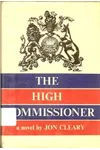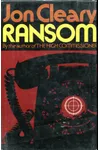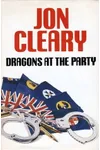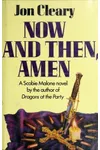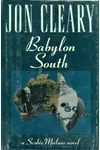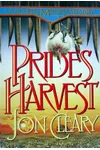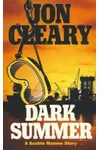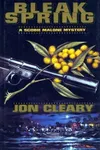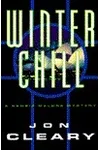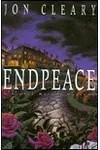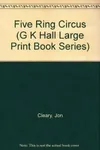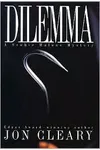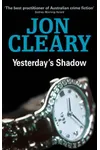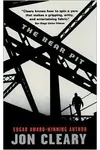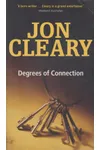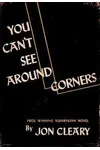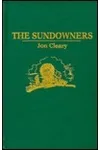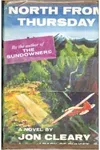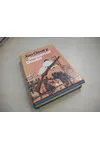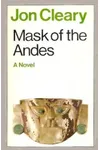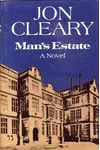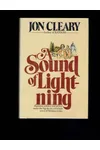Picture an Australian storyteller who spun tales of gritty detectives and global adventures, captivating readers for over six decades—meet Jon Cleary! Born in Sydney in 1917, Cleary rose from a working-class upbringing to become a literary icon, best known for his Scobie Malone detective series. His thrilling narratives, sharp wit, and knack for weaving Australian culture into universal stories made him a beloved figure in crime fiction.
With over 50 novels and 8 million copies sold, Cleary’s work blended suspense, humor, and social commentary, earning him accolades like the Ned Kelly Award. Whether you’re a fan of fast-paced thrillers or curious about Australia’s literary past, Cleary’s world is a treasure trove waiting to be explored.
The Making of Jon Cleary
Jon Stephen Cleary grew up in Erskineville, Sydney, as the eldest of seven in a struggling Catholic family. Financial hardship forced him to leave school before 15, leading to a string of jobs—cartoonist, salesman, laundryman—before he joined the Australian Imperial Force in 1940, serving in the Middle East and Papua New Guinea. These experiences shaped his gritty, authentic storytelling. His writing career sparked in 1941 when the Sydney Daily Mail published his short story, igniting a passion that led to his debut novel, You Can’t See Round Corners, in 1947, which won second prize in a Sydney Morning Herald contest.
Jon Cleary’s Unforgettable Stories
Cleary’s versatility shone through his diverse bibliography, from international thrillers to his iconic Scobie Malone series. His detective, Scobie Malone, a Sydney police inspector with a sharp mind and moral core, debuted in The High Commissioner (1966). The novel, blending crime with political intrigue, became a bestseller and inspired the film Nobody Runs Forever. Malone, named after jockey Scobie Breasley, appeared in 20 novels, tackling cases from kidnappings in Ransom (1973) to a media tycoon’s murder in Endpeace (1996).
Beyond Malone, Cleary’s standalone works like The Sundowners (1951), a heartfelt tale of a nomadic Australian family, showcased his ability to capture human resilience. High Road to China (1977), an adventure set in the 1920s, became a hit film. His style—taut plotting, vivid settings, and a cynical yet hopeful view of society—reflected his belief in storytelling as a craft, not a mere “potboiler.” Cleary’s novels often explored themes of justice, corruption, and the Australian identity, making them timeless.
Why Jon Cleary Matters
Jon Cleary’s impact on Australian literature is undeniable. His Scobie Malone series, one of the longest-running detective sagas, brought Sydney’s urban underbelly to life, blending local flavor with global appeal. His ability to address social issues—racial tensions, political corruption—within thrilling narratives earned him critical praise and a loyal readership. The 1996 Ned Kelly Award for lifetime achievement cemented his legacy as a pioneer of Australian crime fiction.
Even after his passing in 2010, Cleary’s stories resonate, inspiring writers to blend genre fiction with cultural commentary. His work remains a bridge between Australia’s literary past and its vibrant present, inviting readers to explore a world where detectives, dreamers, and adventurers collide.
- Born: November 22, 1917, Sydney, Australia
- Key Works: The Sundowners, The High Commissioner, High Road to China, Endpeace
- Awards: 1974 Edgar Award for Peter’s Pence, 1996 Ned Kelly Award for Lifetime Contribution
- Died: July 19, 2010, Sydney, Australia
Ready to dive into a thrilling world? Grab The High Commissioner and let Jon Cleary’s masterful crime fiction sweep you away!
